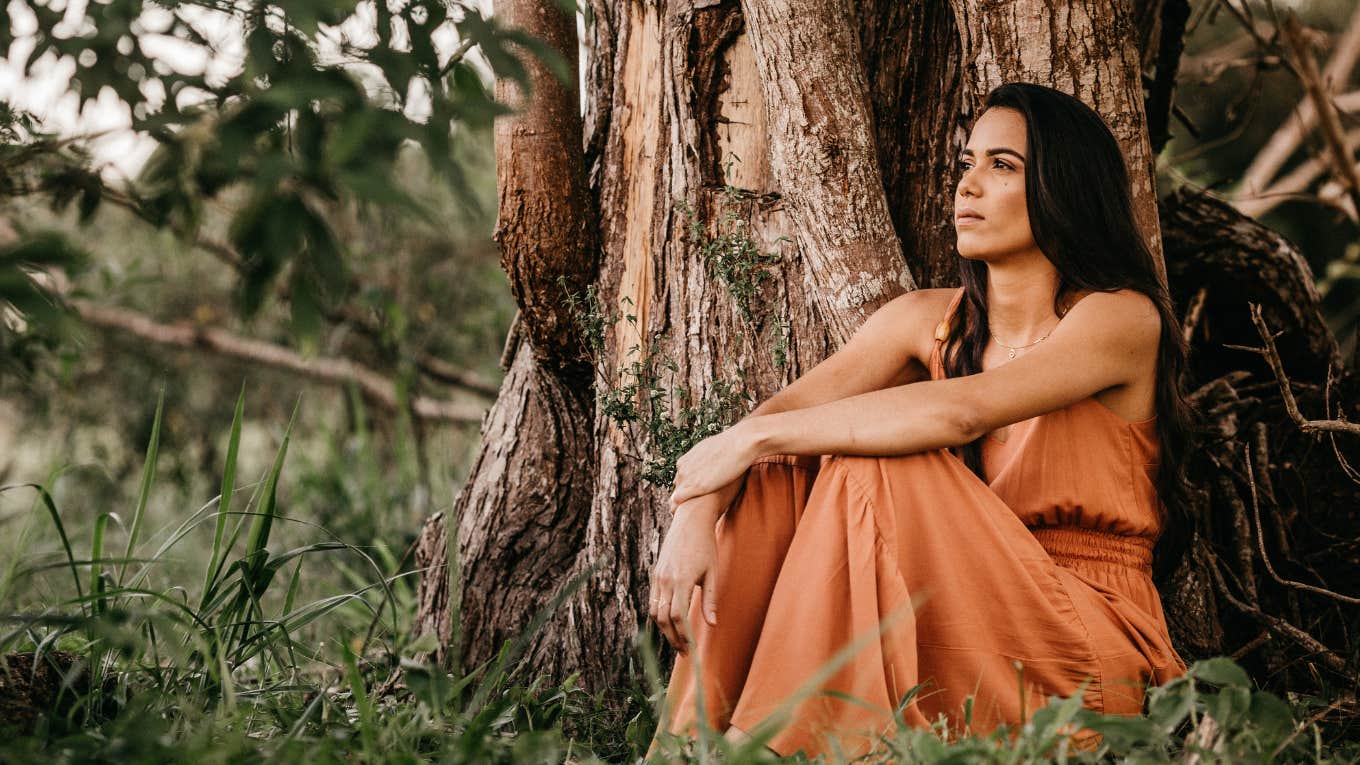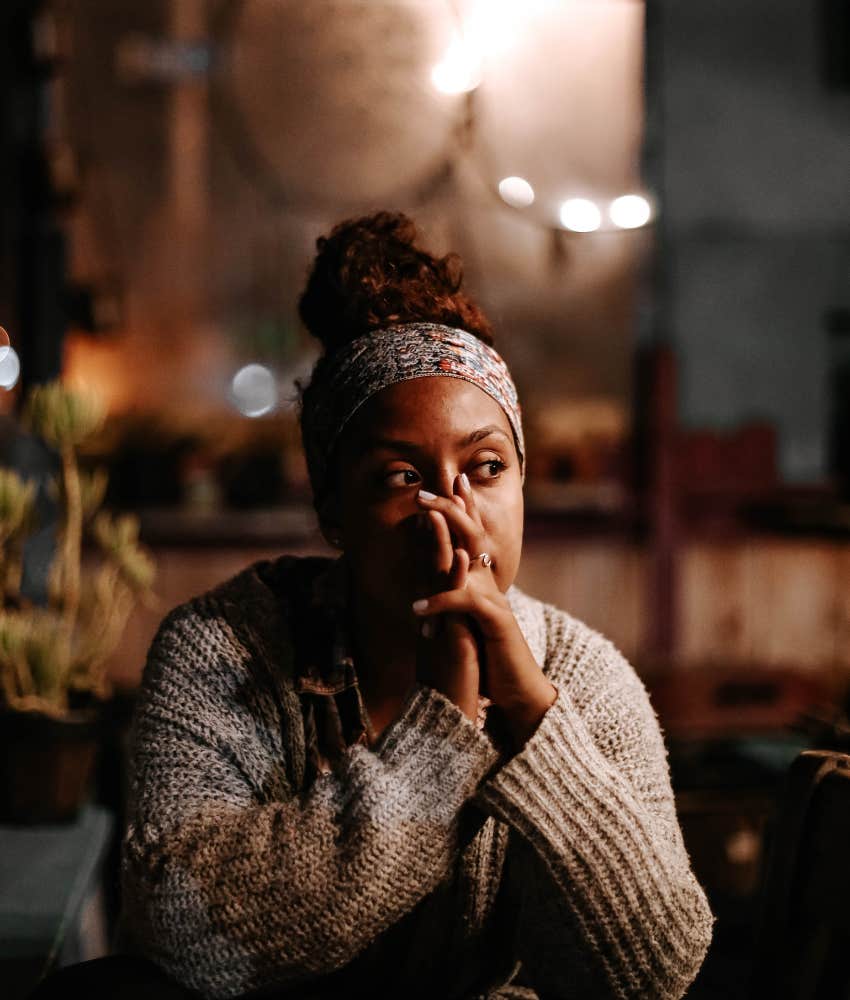5 Obvious Habits Of People Who Are Actually Filled With Self-Doubt, But Don’t Realize It
Confidence is a mindset.
 Jonathan Borba / Canva Pro
Jonathan Borba / Canva Pro Klara Kernig, a coach who describes herself as a “people-pleasing expert,” focuses on helping others set boundaries to break their people-pleasing patterns of behavior. She revealed various traits people struggling with self-doubt inevitably have, even if they think they’re behavior is normal.
Here are 5 obvious habits of people who are filled with self-doubt, but don’t realize it.
1. Overthinking every decision.
A person who doubts themself often gets caught in a loop of overthinking the decisions they have to make, even the simple ones.
As Kernig explained, overthinking is like running in place, “keeping you stuck in the deliberation stage instead of moving to action [that] can lead to progress.”
2. Letting other people make decisions for you.
When you’re in that phase of struggling to make a decision, it’s likely that you ask a lot of people their opinion on what you should do, because you haven’t learned to trust your own instincts.
A more extreme version of that lack of trust leads you to let others make decisions for you, which creates the feeling that you’re not in control of your own life.
3. You’re scared to voice your opinions.
A clear sign of doubting yourself is feeling so insecure that you don’t want to share your ideas with others. When you do share them, you preface what you think with an apology or a disclaimer that what you have to say isn’t actually important.
 Photo: Kevin Turcios / Unsplash
Photo: Kevin Turcios / Unsplash
4. Comparing yourself to others.
Self-doubt can manifest itself in how we see ourselves in relation to other people. As Kernig stated, “You compare yourself to others and often feel like you don’t measure up and that others are more successful, likable, and talented than you.”
She explained that getting tangled up in comparison culture makes you feel like you’re less than, not enough, or behind the curve.
5. Downplaying your accomplishments.
Self-doubt often shows up as having a hard time acknowledging what you have accomplished. Instead of taking time to celebrate the hard work you’ve done to get you where you are today, you project into the future and think about the imagined goalposts of where you “should” be.
 Photo: Eli Defaria / Unsplash
Photo: Eli Defaria / Unsplash
“Confidence and self-doubt coexist,” Kernig explained. “When we look to others it’s easy to fall into the trap of only seeing their confidences and successes.”
“I used to think that having confidence meant we have it all figured out, that there is no more doubt,” she shared, before explaining why that thought process was actually incorrect. “Confidence doesn’t mean you have it all figured out, it’s trusting that you can.”
You won't always feel self-assured and confident and that's okay.
Learning how to trust yourself and trust that the decisions you make are right for you is the first step to overcoming self-doubt, but you shouldn't feel like you aren't growing as a person if you aren't always confident and self-assured.
Kernig made a valuable point in noting that confidence and self-doubt can coexist. Holding space for that duality takes some pressure off ourselves to feel perfectly confident at all times. All people hold different measures of doubt and confidence; once we recognize that fact, we can ease into being our fullest selves.
Alexandra Blogier is a writer on YourTango's news and entertainment team. She covers mental health, pop culture analysis and all things to do with the entertainment industry.

